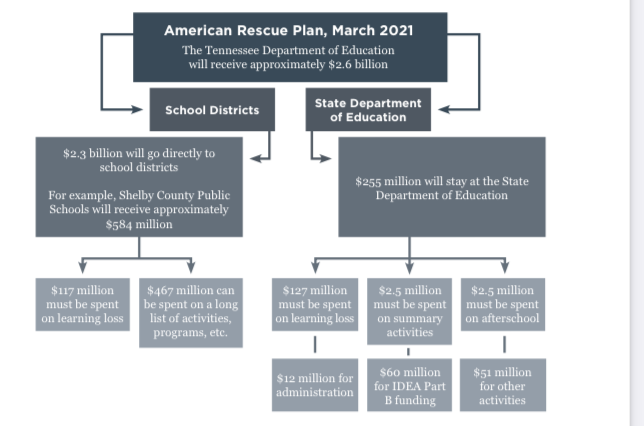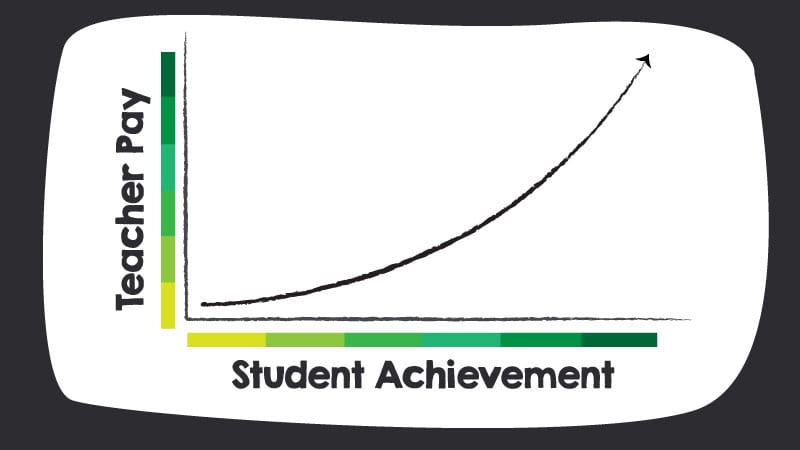The League of Women Voters (LWV) is calling on Gov. Bill Lee and the Tennessee General Assembly to take bold action on school funding. The group notes that the state historically underfunds schools and suggests that now is the time to change that reality. In fact, the push from the LWV comes as the state is experiencing an unprecedented revenue surplus.
Here’s more from LWV from a media release:
Chronically underfunded school districts throughout the state have been especially challenged during the pandemic. However, the inadequacies and the gross underfunding predate this stressful year. Tennessee currently funds its public school system at a level that consistently places it in the bottom five most poorly funded states in the United States, per the National Education Association.
“This goes beyond how you slice the pie to provide varying amounts of funding to the diverse counties of our state – the pie itself is simply not big enough,” said Debby Gould, president elect of LWVTN. “The League’s position on education is that the state’s coverage, implementation, and funding of the Basic Education Program should be adequate to assure a high standard of public education.”
Under the current formulation, the BEP allows for a per-student budgeted amount that is $3,655 lower than the nationwide average, and lower than most southeastern states. Because the BEP formula underfunds our public schools, it puts a heavy burden on communities to supply the local funds necessary to provide an acceptable standard of public education for students.
Each year, a BEP Review Committee analyzes the formula and its results for the preceding year, making official recommendations to the state for improvement. The committee’s latest report recommends increasing the BEP teacher salary component to match what districts actually have to spend. It also recommends increasing the numbers of school nurses and counselors to meet nationally-recognized standards and increasing the number of interventionists to fulfill requirements of a state-mandated program designed to keep students from falling behind, or catch them up more quickly when they do. At the very minimum, Governor Lee and the General Assembly should incorporate all BEP Review Committee recommendations and provide recurring funding for them. This action would be a significant step toward adequately funded public schools for all Tennessee children.
MORE on the inadequacy of the current BEP:

For more on education politics and policy in Tennessee, follow @TNEdReport









